
New York Times story on cyber-scams and forced criminality in Asia cites research by USAID Thailand CTIP
An in-depth story in The New York Times about cyber-scamming and forced criminality in South Asia cites a report conducted by the USAID Thailand Counter Trafficking in Persons project and a social enterprise partner, Humanity Research Consultancy.
The feature story in the Times, by reporter Tara Siegel Bernard, is headlined: “Swindled Savings: Lured by a Promising Job, He Was Forced to Scam People.” It focuses on a Ugandan man who was tricked into migrating to Thailand for what he believed to be a temporary job in online marketing with a legitimate company.
Here’s an excerpt:
“Hundreds of thousands of people have been lured into scamming operations. In Mr. Muyeke’s case, he was ensnared through a promising job opportunity. After a harrowing journey spanning thousands of miles, he was trapped inside one of the hundreds of compounds in Southeast Asia, often controlled by Chinese organized crime rings and set up for industrial-scale scamming.
“These fraud farms — some of which are repurposed casinos that were shuttered during pandemic lockdowns — are often staffed with trafficked workers laboring under the threat of severe beatings, electric shock or worse.
“’Cyber-enabled fraud perpetrated by powerful transnational criminal networks has evolved into a thriving multibillion-dollar illicit industry that now exceeds the G.D.P. of several countries in Southeast Asia combined,’ said John Wojcik, regional analyst at the United Nations Office on Drugs and Crime.”
Winrock International, one of the U.S. government’s largest implementers of counter trafficking-in-persons programming in Asia, works with local partners, advocacy and research groups, governments and survivors’ networks to increase awareness of and help prevent threats posed by cyber-scamming and forced criminality. In addition to the USAID Thailand CTIP project, Winrock implements counter-trafficking projects with local partners in Bangladesh, Cambodia, Kazakhstan, Kyrgyz Republic, Laos, Malaysia, Nepal, Vietnam and Turkmenistan.
The Winrock and HRC report cited in the Times’ story is titled: “Responses to Trafficking in Persons for Forced Criminality in the Thai Context.” It provides an overview of trafficking for forced criminality involving Thailand, covering the trafficking routes, modus operandi and trends related to TIP for forced criminality. It outlines the legal frameworks in Thailand to address forced criminality at the domestic, bilateral and regional levels.
Earlier in 2024, the Cambodia CTIP project implemented by Winrock facilitated visits and knowledge exchange between representatives of USAID, civil society organizations, community based groups, survivors and others to learn about forced online scamming in Cambodia and across the region.
To read the full Times piece, please click here.
For information about Winrock’s locally led Human Rights, Education & Empowerment work, please click here.
Related Projects
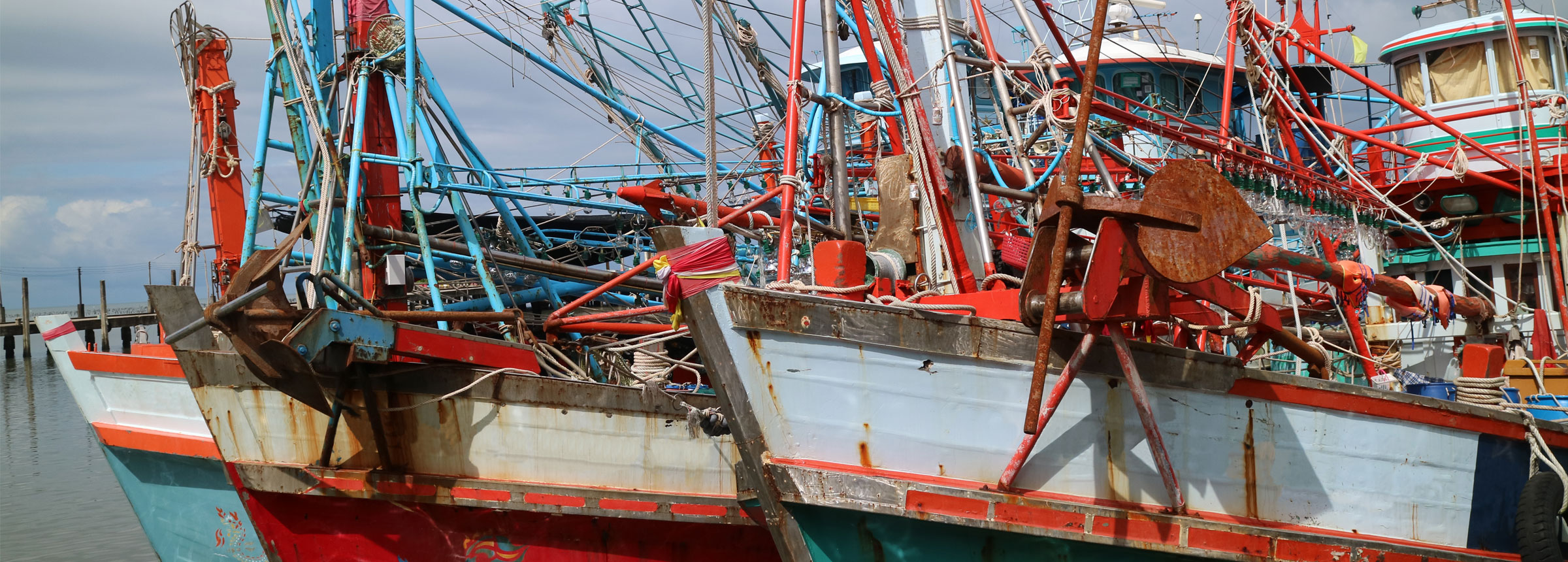
USAID Thailand Counter Trafficking in Persons (USAID Thailand CTIP)
As a source, transit and destination country, Thailand faces multiple manifestations of trafficking in persons. The USAID Thailand Counter Trafficking in Persons (CTIP) program works with communities and champions among government, civil society and the private sector to address the enabling environment for trafficking and exploitation, empower at-risk populations to safeguard their rights, and strengthen…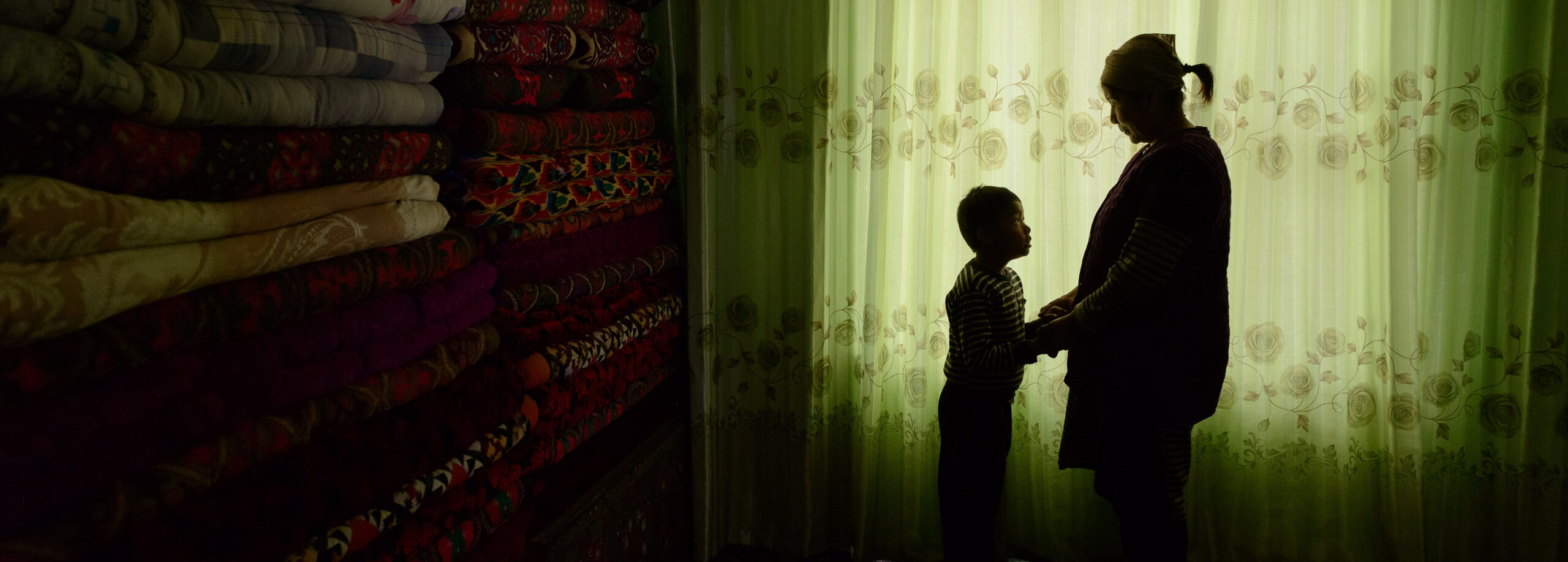
USAID Asia Counter Trafficking in Persons (CTIP)
Complex problems require transcendent solutions, ones that span borders and sectors. Human trafficking is such a problem, and the USAID Asia Counter Trafficking in Persons program (USAID Asia CTIP) is such a solution. USAID Asia CTIP is a regional activity that focuses on transnational and regional challenges to combat human trafficking. The program aims to…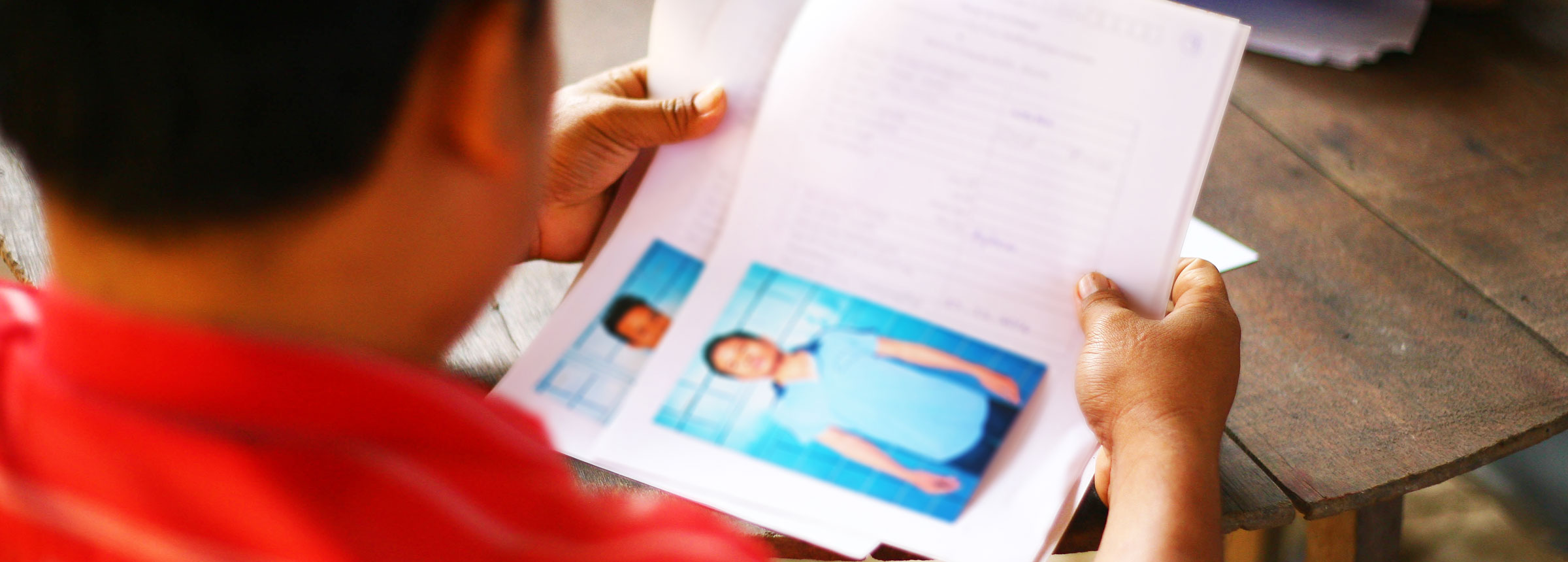
Cambodia Countering Trafficking-in-Persons Program (CTIP)
Poverty motivates hundreds of thousands of Cambodians to migrate every month in search of employment opportunities. Many of those who leave are uneducated and have limited access to information, which makes them particularly vulnerable to human traffickers. Targeted at provinces with high prevalence of trafficking, this four-year program seeks to prevent trafficking through livelihood development,…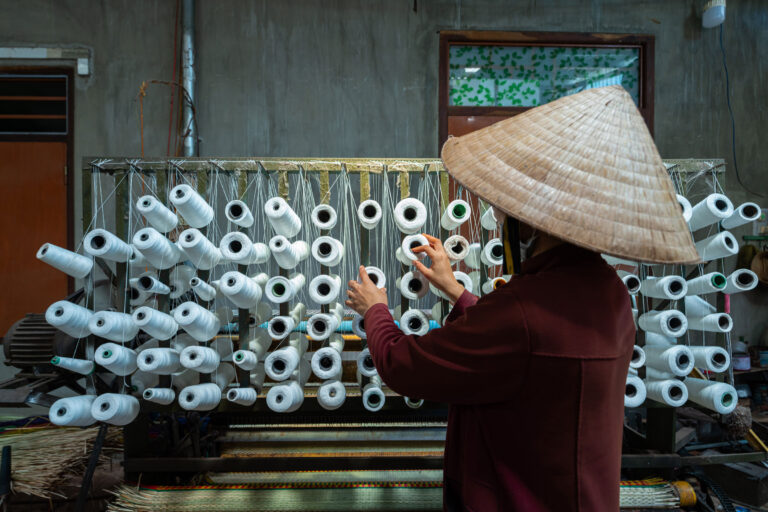
Vietnam Counter Trafficking in Persons
Trafficking in persons is a major challenge in Vietnam: Men, women and children are trafficked both within the country and internationally for purposes of sexual exploitation, forced labor, fraudulent and forced marriages, debt bondage, and involuntary servitude. Vietnamese trafficking victims can also be swept up in drug trafficking rings or fall prey to forced scamming. […]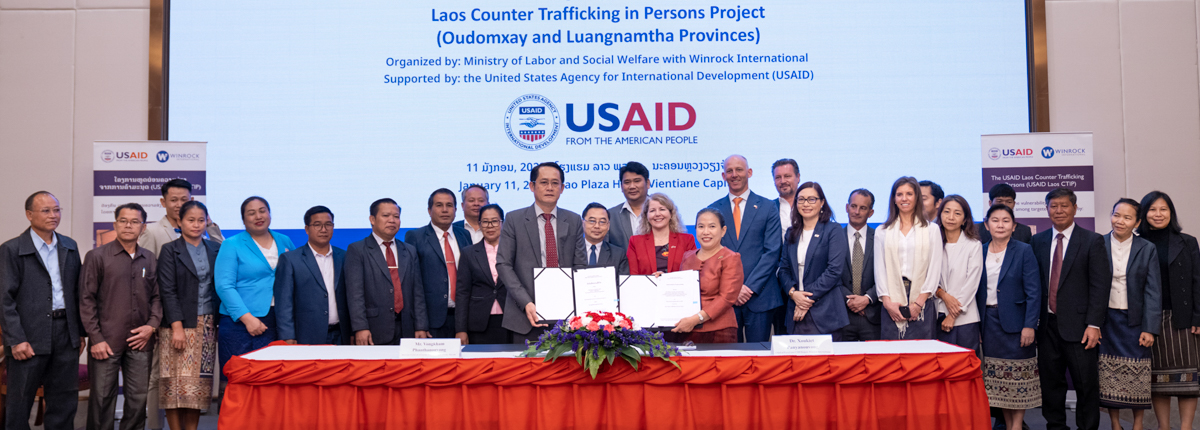
USAID Laos Counter Trafficking in Persons (USAID Laos CTIP)
In Southeast Asia, Laos is a primary source and, to a lesser extent, a transit and destination country for women, children and men who are subjected to trafficking in persons. Especially in the southern part of the country, Lao trafficking victims are often migrants seeking opportunities abroad who then experience labor or sexual exploitation in…
